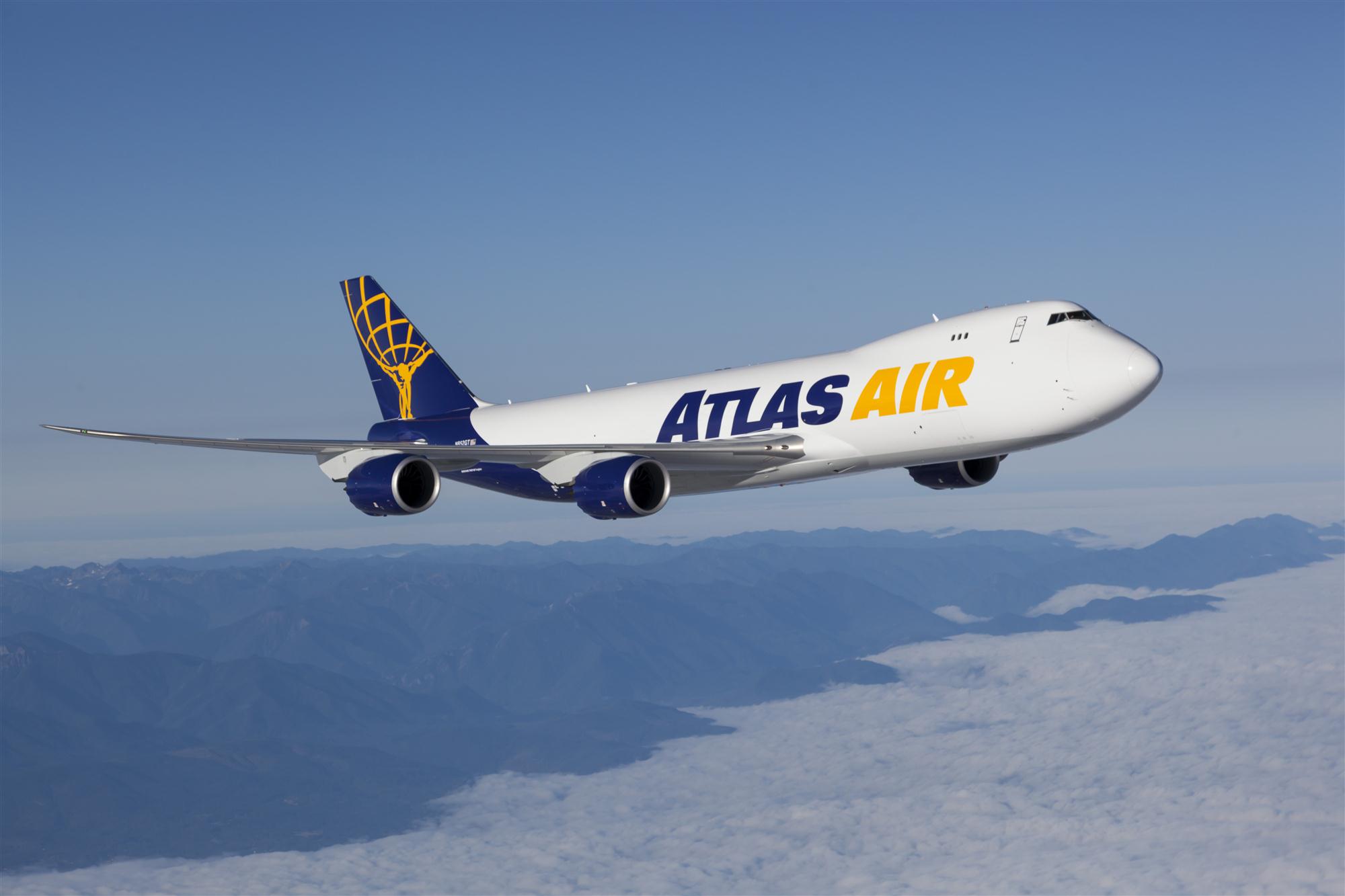For ACMI providers, a block hour was a block hour, regardless of what type of cargo the plane in question was hauling. Now the world’s largest freighter-leasing outfit is looking increasingly to the express and e-commerce sectors, which promise faster growth and a stronger appetite for dedicated freighter lift.
Atlas Air Worldwide Holdings (AAWW) president and CEO Bill Flynn indicated to investors and analysts in June which course the company intends to chart in the coming years.
“We are moving away from heavy freight and into the integrator, express and e-commerce market,” Flynn declared. “We are becoming a different company.”
The shift comes as the traditional air cargo market continues to suffer from growth rates outstripped by the rise of available capacity, much of it in the bellies of passenger aircraft whose deployment is dictated by the faster growing travel demand.

Flynn cited statistics that show a stark disparity in the trajectories of regular air freight and express traffic. IATA figures show that traditional air freight, shorn of express and charter activity, grew 2.4% in 2015 and is expected to show a compound annual growth rate of 4% between 2015 and 2019. Bank of America and Merrill Lynch, on the other hand, see express business up 4.9% in 2015 and e-commerce up 20.4%. In the 2016-2018 period, the projected compound annual growth rates of these two sectors were 6.3% and 22.3% respectively.
According to Atlas Air, the international express business has produced 6.3% compound annual growth since 2011, while international freight ton kilometres advanced a paltry 1.7% on a compound annual basis.
The case for a stronger focus on e-commerce has been underscored by the recent agreement between Atlas and Amazon, which calls for the ACMI provider to supply Amazon with a fleet of 20 Boeing 767 freighters. The agreement calls for the lease of the freighters on a 10-year term from AAWW subsidiary Titan Aviation Leasing, with an operating agreement for crew, maintenance and insurance for seven years from Atlas Air. This came on the heels of an Amazon deal for another 20 dedicated 767 freighters with ACMI provider Air Transport Service Group.
Moreover, e-commerce has quickly established itself as a force that is shaking up the air cargo business, as Michael Steen, AAWW executive vice president and chief commercial officer, pointed out during the investor event last month. As customers have begun to order directly from producers or distribution centres, delivery times have shrunk from previously 30 days to just 10, forcing the air cargo industry to re-evaluate its approach.
Operators in other sectors of the air cargo industry also see a fundamental change in the landscape that is forcing players to adapt. Stephan Haltmayer, general manager of forwarder Quick Cargo Service, noted that traditional air freight and sea freight forwarding has been stagnant and subject to severe price pressure, whereas growth has been markedly stronger in e-commerce and some niches. This has made it tougher for forwarders to survive, he said.
Air France-KLM-Martinair Cargo is beefing up its express capabilities with the overhaul of its express facility at Amsterdam Schiphol airport. The carrier’s management has signalled its intention to grow the share of express in its cargo business, which has seen a continuing reduction of its freighter fleet, curbing its capacity to deal with segments like horse transportation.
Atlas Air is no stranger to the express sector. It has had a significant involvement in it since 2008, when DHL took a 49% stake in AAWW subsidiary Polar Air Cargo in a deal that included a 10-year block space agreement for linehaul across the Pacific for the integrator. In addition, it has contracts with FedEx and UPS as well as some express operators in China.
According to Flynn, 47% of the Atlas widebody fleet and all of its medium widebody freighter contingent are currently serving the express market.
The acquisition of Southern Air earlier this year reinforced this momentum. Over the past years, Southern aligned itself with the express sector in a restructuring exercise that saw management phase out its 747 freighters, which had been the core of the fleet, to embrace 777s and 767s instead.
Atlas has broadened its portfolio beyond the 747 to include other freighter types as well as other business elements, from dry leasing and CMI capabilities to flying passenger aircraft. Its freighter fleet now ranges from 747-8s down to 737s, giving it a broader array of equipment to appeal to a wider range of market segments.
Steen pointed out that there are still possibilities for growth in the traditional air freight business for Atlas, pointing to a greater interest among combination airlines to farm out freighter operations.
By Ian Putzger
Air Freight Correspondent | Toronto



